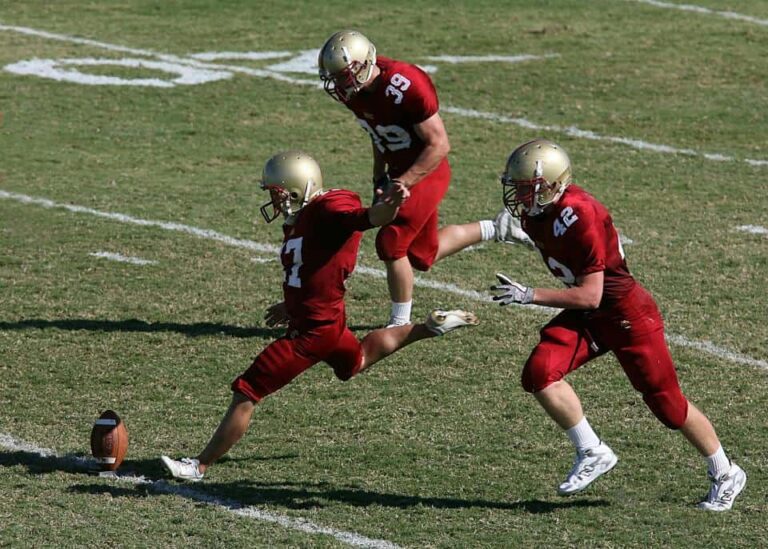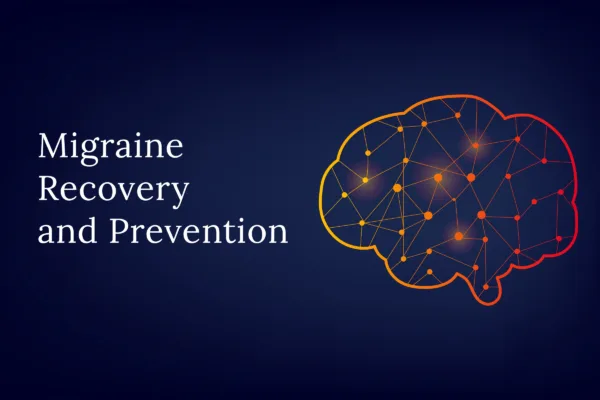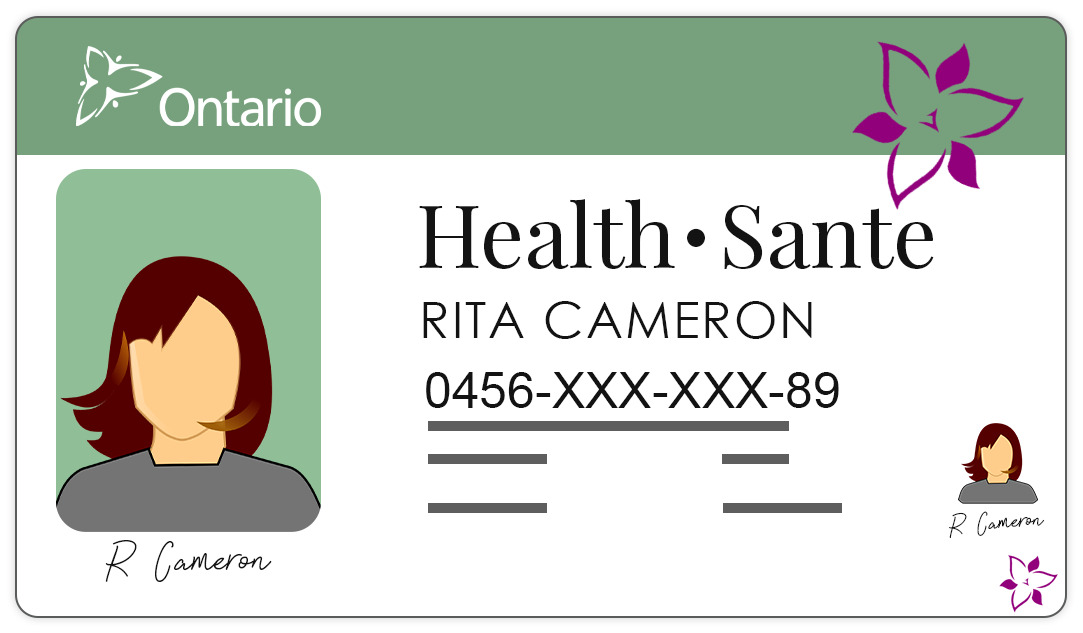What is a concussion?
A concussion is a type of mild traumatic brain injury, typically caused by a bump, blow or jolt to the head. Concussions can also result from whiplash-type injuries that cause the brain to quickly shake inside the head. Concussions are one of the most common types of brain injury, and often occur in children and teenagers as a result of participating in sports.
World Heath Organization (WHO) estimates that concussions affect about 6 in 1000 individuals. However, concussions also often occur as the result of falling, or accidents involving motor vehicles and bicycles. According to data presented by Statistics Canada, among children and youth (10-18 years) who visit an emergency department for a sports-related head injury, 39% were diagnosed with concussions, while a further 24% were possible concussions.
Moreover, football, soccer and hockey have all shown a greater than 40% increase in rates of reported head injury (relative to other injuries).
Although concussions usually last up to a few days, some concussions can cause long-term problems, and repeated concussions have been demonstrated to increase the risk of developing condition such as Parkinson’s disease and depression.
What are the different types of concussions?
Concussions are classified into different grades according to their severity: mild (grade 1), moderate (grade 2) and severe (grade 3). According to the American Academy of Neurology, in grade 1 concussions, the person remains conscious, and the symptoms last for a short period of time (15 minutes or so). In grade 2 concussion, the person also remains conscious, but the symptoms last longer.
Finally, grade 3 concussion is characterized by loss of consciousness, even if it occurs for only a few seconds.
What are the signs and symptoms of concussions?
can be difficult to know if you have a concussion, since the signs and symptoms are not always obvious. Also, concussions don’t always go together with “obvious” signs of head trauma, such as bleeding and bruising. The symptoms of a concussion can appear anywhere from several minutes to several hours following the concussion, and sometimes, they can appear a few days after the injury.
Here are some signs and symptoms of a concussion:
- Getting a strong headache that does not diminish after taking painkillers
- Sensitivity to light, and/or noise
- Dizziness and balance problems
- Drowsiness, double vision and/or slurred speech
- Nausea and/or vomiting
- Confusions and memory problems
- Behaviour and personality changes
- Ringing in ears
- Sleep disturbances and mood changes
How is a concussion diagnosed?
The symptoms of a concussion can be quite variable, and therefore, several steps are involved in the patient’s assessment. Typically, your doctor will evaluate your signs and symptoms, conduct a review of your medical history, test your cognitive skills, and carry out a neurological examination.
During the neurological evaluation, the doctor will check your coordination, reflexes, vision, hearing, and balance. You will also receive several cognitive tests in order to assess your memory, concentration abilities and thinking (cognitive) skills.
In addition, it may be necessary to perform some brain imaging tests, such as cranial computerized tomography (CT). This test involves using X-rays to obtain cross-sectional images of your skull and brain in order to detect potential injury.
Magnetic resonance imaging (MRI) of the brain may also be carried out; this technique uses magnets in order to obtain structural images of the brain and assess any potential damage due to the concussion.
How is a concussion treated?
Concussions are typically treated with physical and mental rest. Following a concussion, it is necessary to avoid any activities which require physical exertion, since any sports or any vigorous movements can worsen concussion symptoms, and will delay recovery.
In addition, it is important to decrease activities that require intellectual activity and mental concentration, and this includes reading, studying, watching TV series or movies, playing video games and using the computer.
Over-the-counter medications, such acetaminophen (Tylenol) can be taken to relieve headaches. However, pain reliever such as ibuprofen (Advil and Motrin), as well as aspirin, should be avoided, since these medications may increase the risk of bleeding in the brain.
What is the prognosis after a concussion?
According to scientific research, individuals who have suffered a concussion seem more susceptible to getting another one, especially if the new injury occurs before symptoms from the previous concussion have completely gone away. This is why it is very important to wait until you are fully recovered before resuming team sports or any other athletic activity.
Some individuals experience post-concussion syndrome, where symptoms do not resolve for weeks, months, or even years following a concussion, and in some cases, may become permanent.
How can concussions be prevented?
A number of measures can be taken in order to prevent concussions. These include wearing seatbelts when driving, and the use of airbags in cars. If you practice high-impact sports, it is recommended to wear protective equipment, such as headgear. In addition, helmets can go a long way in providing protection against head injuries. A systematic scientific study has found that Helmets provide a 63 to 88% reduction in the risk of head, brain and severe brain injury for all ages of bicyclists.
The review has also concluded that helmets provide equal levels of protection for crashes involving motor vehicles and crashes from all other causes, and help to reduce injuries to the upper and mid facial areas. In addition, drinking alcohol is considered to be a risk factor for concussions, and responsible alcohol consumption is an important aspect in preventing concussions.


















